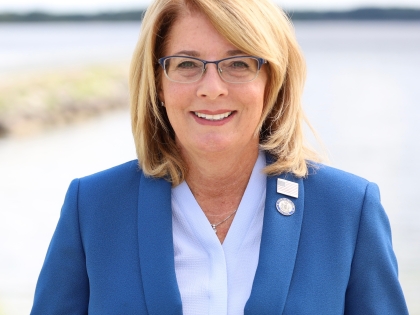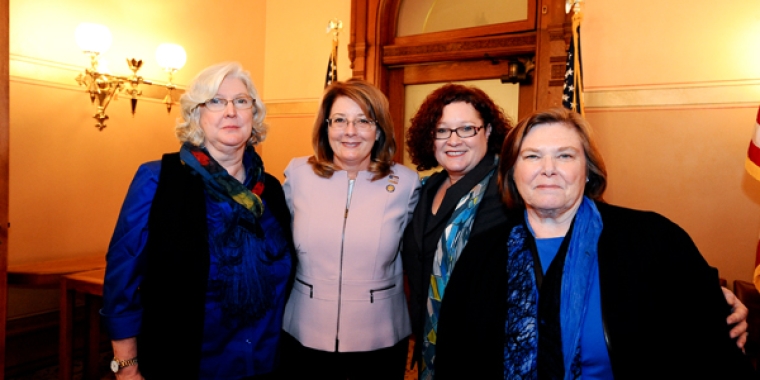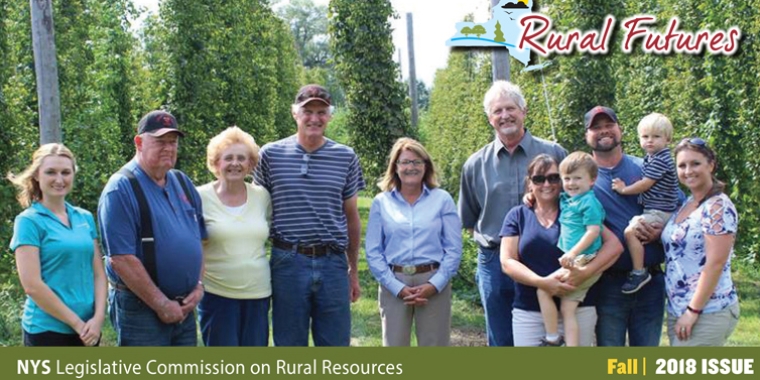
Senator Pam Helming Joins Bi-Partisan Coalition of Lawmakers to Call on State Leaders to ‘Step Up for Seniors’
February 10, 2017
-
ISSUE:
- Seniors

Senator Pam Helming (R,C,I-54th District) joined aging advocates representing thousands of seniors from across New York State and a bi-partisan group of lawmakers from the Senate and Assembly to call on legislative leaders to make New York’s seniors a priority in this year’s state budget.
“With a rapidly growing senior population statewide, we need to work to ensure that there are adequate services in place so people can remain in their homes and in New York,” said Senator Helming. “We cannot go down the road of underfunding critically important resources that millions of New Yorkers depend on every year. Making the growing population of seniors a priority in this year’s budget is good for our families, it is good for our communities and it will play an important role in keeping New York as a leader in senior care for years to come.”
In New York, the aging population has experienced a steady annual increase while other groups, like those under 18, have declined. New York is now home to the third largest senior population in the country. However, in this year’s proposed Executive Budget the State Office for the Aging (SOFA) is facing the most drastic cut of any agency, with its budget being lowered by almost 5%.
While the Executive may argue that the amount of funding dedicated to aging-related services in this year’s budget proposal remains flat, the fact of the matter is that the claim is only true because of the diversion of various funding streams being used to prop it up.
For example, this year’s Executive Budget Proposal claims to allocate $30,054,000 to fund ‘community services for the elderly’ (CSE)—programs that provide critical services like meal delivery, transportation, and in-home care that can be tailored to fit the unique needs of local communities. That number is an increase of $1,121,000 over last year’s enacted budget. On its face, its looks like a win for seniors, however that money comes with strings attached.
CSE funding is subject to a local match and in previous budgets a provision has been included to exempt 25% of the county’s share on any new funding. Moving that money from the transportation line in the state budget to the CSE line automatically subjects it to that local match. Further, this year’s proposal removes that 25% county share exemption, in effect shifting additional costs to cash-strapped local governments. As a result, many communities may not be in a position to take advantage of available funding which will mean a significant loss of important services.
Currently, over 15,000 New Yorkers are on waitlists to receive these critical services in counties across the state—up from 9,700 just last year. At a time when there is a clear need, we should not be making it more difficult to access critical funding, but instead we should be adding significant dollars to meet the growing demand.
Share this Article or Press Release
Newsroom
Go to NewsroomFall 2018 edition of Rural Futures
November 28, 2018

Giving Thanks by Paying Tribute to Our Veterans
November 27, 2018
Helping Our Rural Communities Lead Healthy Lives
November 27, 2018